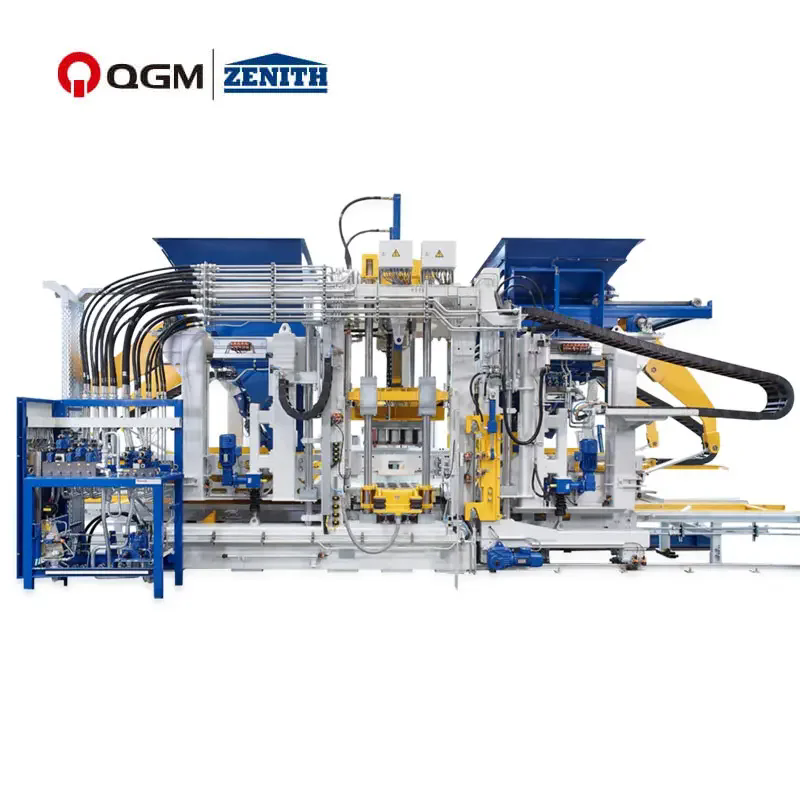Brick Machine: Efficient Solutions for Brick Manufacturing
2025-07-10
A brick machine is specialized equipment designed to manufacture bricks for construction purposes. These machines automate the process of molding and shaping raw materials into uniform bricks, helping improve productivity, reduce labor costs, and ensure consistent quality.
What is a Brick Machine?
A brick machine, also known as a brick-making machine or block machine, produces bricks by compressing or molding raw materials such as clay, cement, fly ash, or concrete mixtures into brick shapes. These machines vary widely in capacity, size, and automation levels to cater to different production needs.

Types of Brick Machines
Manual Brick Machines
Operated by hand or simple mechanical means.
Suitable for small-scale production.
Low investment and easy to use but labor-intensive.
Semi-Automatic Brick Machines
Combine manual feeding with mechanical molding.
Improved efficiency over manual machines.
Suitable for medium-sized production setups.
Fully Automatic Brick Machines
Automated feeding, molding, and stacking.
High production capacity and precision.
Ideal for large-scale commercial brick manufacturing.
Hydraulic Press Brick Machines
Use hydraulic pressure to compress raw material.
Produce dense, strong bricks with uniform shapes.
Often used for concrete block production.
Vibration Brick Machines
Use vibration technology to compact the bricks.
Suitable for making clay bricks and hollow blocks.
Raw Materials Used
Clay: Traditional raw material for fired bricks.
Concrete: Cement, sand, and aggregate mixture for concrete blocks.
Fly Ash: Industrial by-product used in eco-friendly bricks.
Soil-Cement Mix: Mixture of soil and cement for stabilized bricks.
Benefits of Using a Brick Machine
Consistent Quality: Uniform size and strength of bricks.
Increased Productivity: Faster production than manual methods.
Cost Efficiency: Saves labor and reduces material waste.
Versatility: Can produce various types of bricks and blocks.
Eco-Friendly Options: Machines that use fly ash and other recycled materials.
Applications
Residential, commercial, and industrial building projects.
Construction of walls, pavements, and landscaping features.
Production of hollow blocks, solid bricks, paving bricks, and interlocking bricks.
Maintenance Tips
Regularly lubricate moving parts.
Check hydraulic systems for leaks and pressure.
Clean molds and machine surfaces to avoid material build-up.
Conduct periodic inspections to ensure safe operation.
Conclusion
A brick machine is a critical investment for anyone involved in brick manufacturing or construction. From small manual units to fully automated systems, these machines enhance efficiency, product quality, and profitability in brick production.


